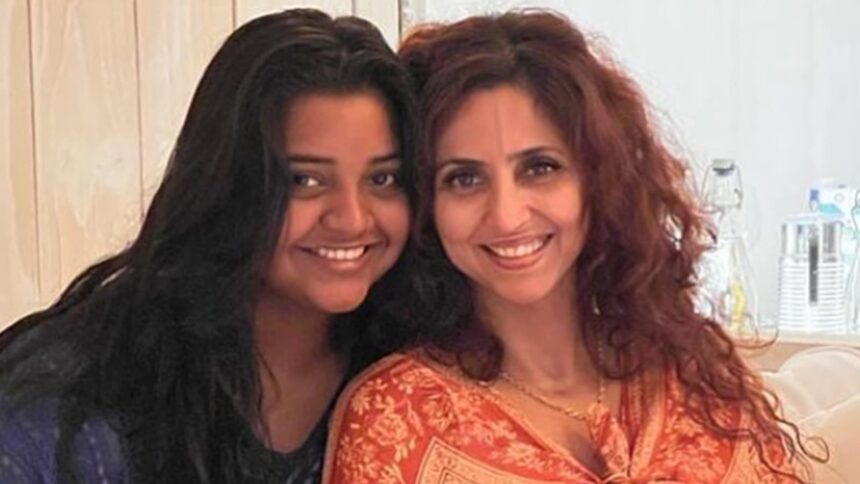Parenting in today’s digital age comes with unique challenges, particularly when addressing topics like intimacy and self-exploration with teenagers.
TV actor recently shared her approach to these conversations with her daughter Sia. “It’s so funny that when my daughter turned 16, I was thinking of what to gift her and I thought if I should gift her a sex toy or a vibrator,” Gautami revealed in a recent interaction with , showcasing her unusually open parenting style.
The mother of two described her daughter’s shocked reaction: “Mom have you lost it, are you retarded or crazy.” Gautami explained her reasoning to her daughter, saying, “Think about it. How many mothers would be willing to talk to their daughters about gifting something like this? Why don’t you experiment.”
She further elaborated on her parenting philosophy, adding, “What my mom didn’t do with me, I don’t not want to do that with my daughter. I want her to experience everything. A lot of women go through life without experiencing its pleasures. Why be in that situation? Today, my daughter is 19 and she appreciates the fact that I at least had that thought.”
Neha Parashar, clinical psychologist, Mindtalk, tells , “Conversations about sexual health and intimacy should ideally begin early, in age-appropriate stages. For example, from the ages of 3 to 6, parents can begin discussing body boundaries. As children grow, these conversations can evolve, covering topics such as puberty, consent, relationships, emotional well-being, and eventually intimacy and .”
The key is to treat these conversations as ongoing dialogues rather than one-time discussions, notes Parashar. “When approached with openness and without shame, children feel more comfortable asking questions and developing a healthy understanding of their bodies. Self-exploration and sexual autonomy are part of personal development, and framing them in the context of safety, respect, and emotional maturity can help teenagers navigate these topics with confidence.”
Breaking generational taboos can be empowering, but it’s important to do so within a framework of mutual respect and emotional safety.
Parashar states, “Balancing this involves being honest yet measured. Parents can share their experiences to provide context, but they must also respect their child’s need for autonomy and space. It’s less about prescribing specific experiences and more about creating an environment where the child feels safe to explore life on their own terms, without fear of judgement.”
Normalising conversations around physical intimacy helps remove the shame and confusion often associated with sexual development. “Long-term, this openness , emotional resilience, and healthier relationships. It also allows young adults to approach their own sexuality with clarity rather than secrecy or guilt. The appreciation Gautami’s daughter expressed highlights an important truth, many young people value not just the information, but the sense of trust that comes from knowing their parent is willing to talk openly and supportively,” concludes Parashar.








